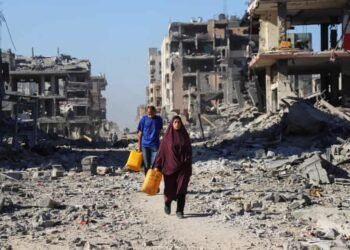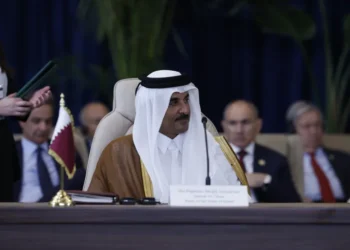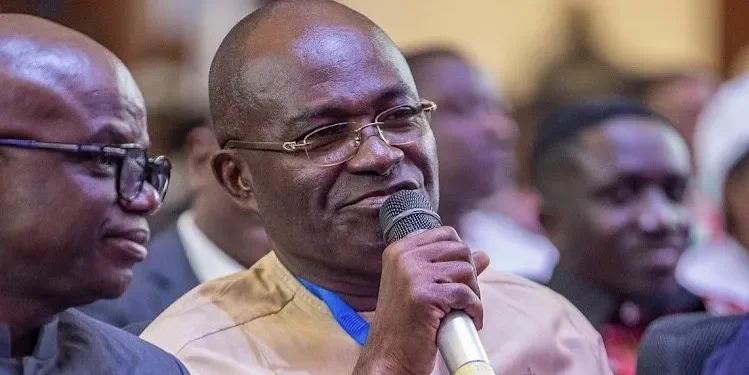Bangladesh has marked the first anniversary of the mass protests that toppled former Prime Minister Sheikh Hasina, as the interim government unveiled a symbolic roadmap promising democratic reform.
Rallies, concerts and prayer sessions were held in the capital, Dhaka as people in the Muslim-majority South Asian nation celebrated what they called the country’s “second liberation.”
The presence of the Jamaat-e-Islami party, the country’s largest Islamist party, was especially visible on the streets of the capital.
The supporters of its student wing carried the flags of Bangladesh and Palestine.
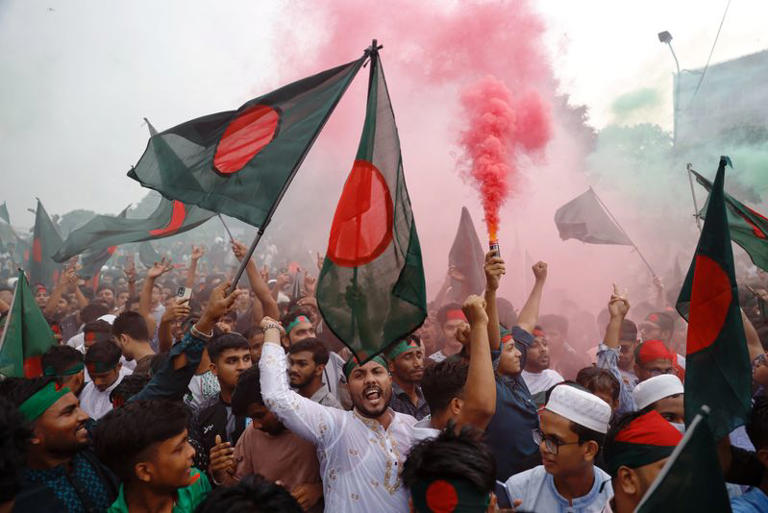
The events culminated with Nobel peace laureate, Muhammad Yunus formally reading out the “July Declaration” – a 28-point document that seeks to give constitutional recognition to the 2024 student-led uprising, sparked by economic woes and repression, that forced Hasina to flee to India on August 5. It is a road map aimed at national unity, democratic reforms and inclusive governance.
Yunus, the de facto Prime Minister who heads the interim government installed after Hasina’s ouster, said, “The people of Bangladesh express their desire that the student-people uprising of 2024 will get proper state and constitutional recognition,” as representatives of political parties looked on.
He added that the July Declaration will feature in the schedule of the reformed constitution as framed by the government formed through the next national election.
Supporters see the charter as a foundation for institutional reform, critics have warned its impact could be largely symbolic in the absence of a legal framework or parliamentary consensus.
Earlier, in a message to the nation, Yunus said, “together, we will build a Bangladesh where tyranny will never rise again,” as he paid tribute to those who sacrificed their lives.
He stated that a peaceful, fair and transparent election could be held early next year, pledging a return to full democratic rule at a time of mounting pressure for a swifter transition amid growing labour unrest.
However, he added, “Fallen autocrats and their self-serving allies remain active,” urging unity to protect the gains of the uprising while his government holds reform talks with political parties and civil society.
He asserted that his interim government had launched sweeping reforms while trials for those responsible for the “July killings” of 2024 were progressing swiftly.
Police were on high alert throughout the capital, with armoured vehicles patrolling the streets to deter any attempt by Hasina’s banned Awami League to disrupt the day’s events.
The Yunus-led administration has banned the former ruling party, which had governed Bangladesh for 15 years since 2009.
Meanwhile, Hasina said in an open letter to the people of Bangladesh, “Let this anniversary not be a day of retrospection, but a rallying cry for a brighter tomorrow,” adding that she had never resigned from her duties as Prime Minister.
“Bangladesh has overcome adversity before, and we will rise again, stronger, more united, and more determined to build a democracy that truly serves its people.”
Sheikh Hasina
Hasina remains in exile. She faces trial for crimes against humanity over the hundreds of deaths during the student-led uprising.
Major Political Parties Fail To Agree On Bangladesh’s Election Schedule
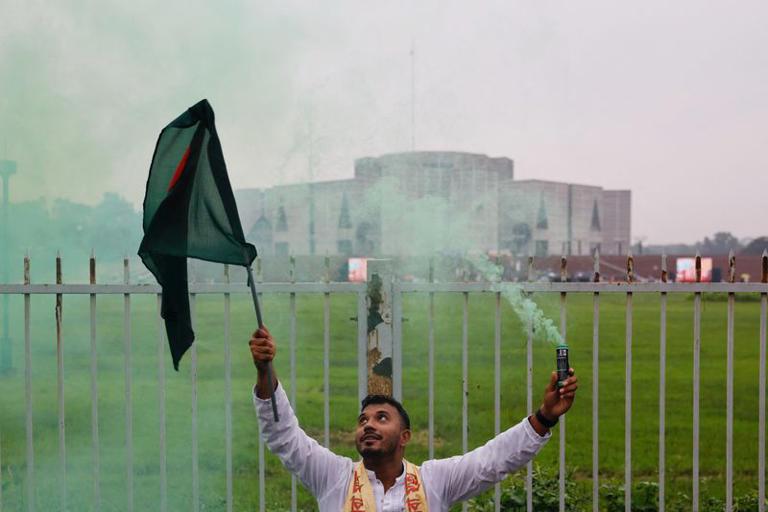
However, leaders of the major political parties failed to agree on an exact schedule for the election.
Yunus had said that it would be held in April, but Bangladesh Nationalist Party, led by former Prime Minister Khaleda Zia, wants it in February.
Nonetheless, The Jamaat-e-Islami and the National Citizen Party say they have no objection to giving Yunus more time.
A student group that led the anti-Hasina movement had formed a new political party, National Citizen Party.
Bangladesh is at a crossroads, with bickering political parties struggling to find a way forward with inclusive politics. The rise of the Jamaat-e-Islami and other Islamist forces has drawn attention since Hasina’s ouster.
Yunus has promised an internationally acceptable election, but his critics say that the election could be questionable without the Awami League party as it still has a significant support base.
READ ALSO: ASEC Calls for Urgent Reforms in Ghana’s Oil Strategy to Boost Revenue




